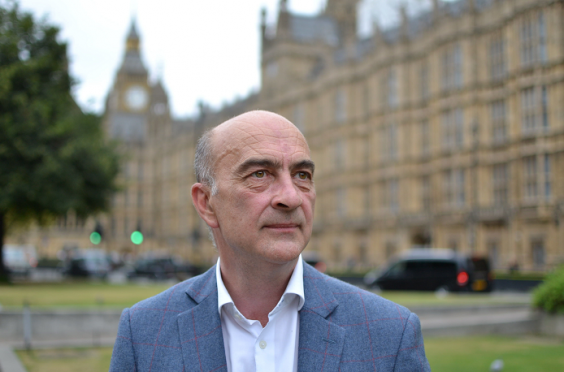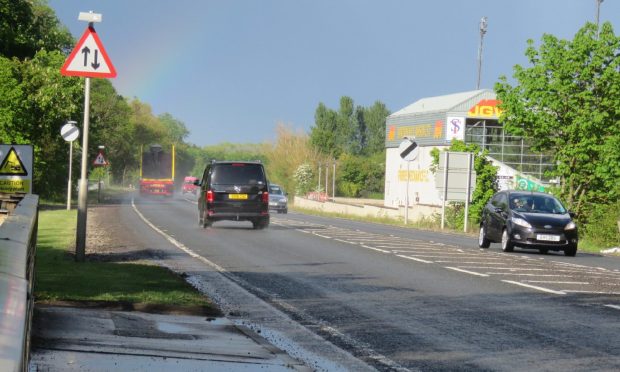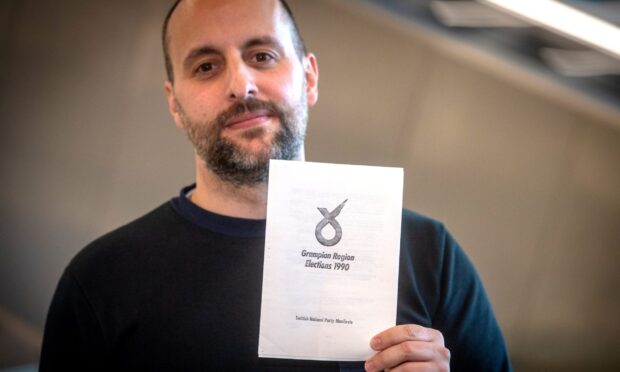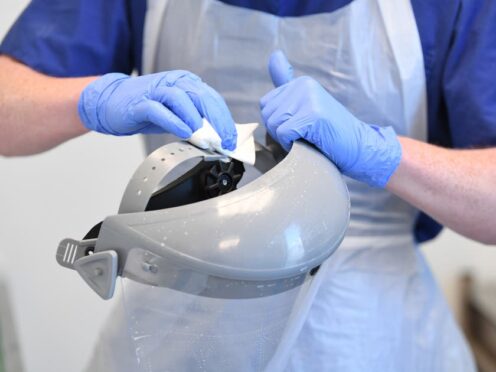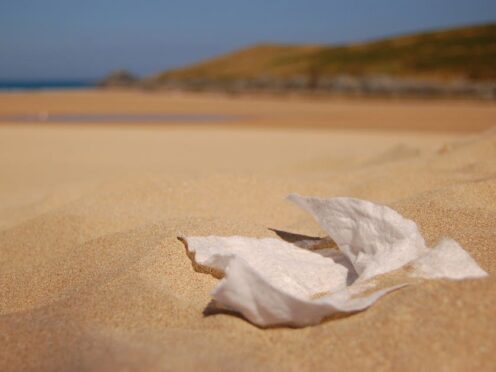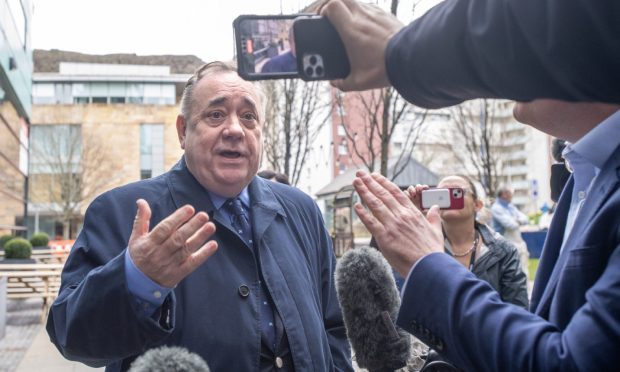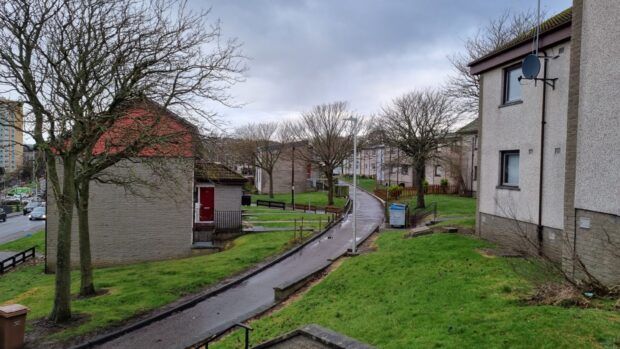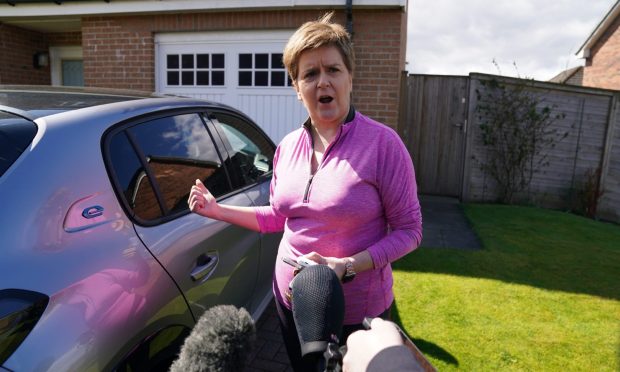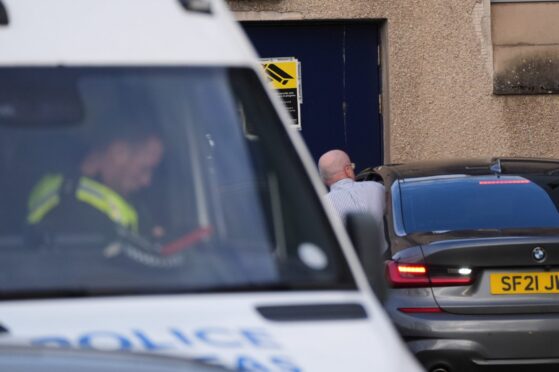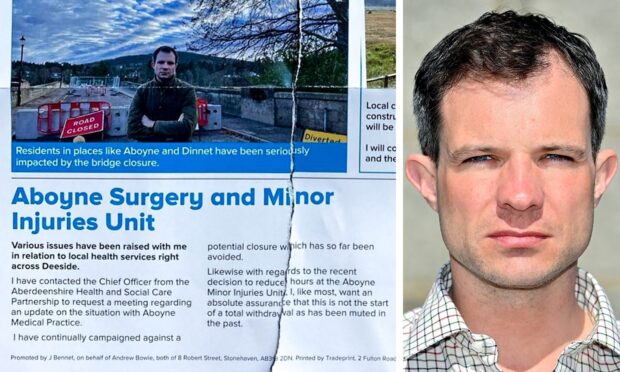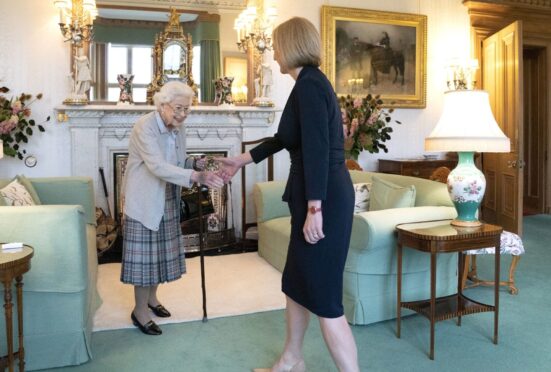Yesterday, Spain’s foreign minister appeared on the BBC to explain his government’s decision to suspend the regional administration in Catalonia and to impose direct rule by Madrid.
Andrew Marr was the interviewer, and the Scot drew comparisons with the 2014 Scottish independence referendum. Or, more accurately, he pointed out the vast gulf between the handling of the issue by the UK and by Spain.
In the TV pictures accompanying an earlier news report, alongside hundreds of Catalonian flags being waved by a throng of pro-independence protestors in Barcelona, was a lone Saltire. Scotland’s flag flying in solidarity.
During our flirtation with separation, those advocating a Yes vote insisted that it was a matter for Scotland and Scotland alone. That others, such as the US president or, indeed, the Spanish government, should butt out.
That was a naive position. People are entitled to a view. They are entitled to express it. And we, the voters, are entitled to both question their motives in intervening and decide if it helps, or hinders, the cause they back. And we are entitled to have the final say. That is self-determination.
And thus, in Catalonia, the small band of Scottish nationalists in the streets do have a right to join the protests.
But what about flying the Scottish flag? Do they speak for all of Scotland when they back the break-up of Spain?
And is their presence more to do with furthering their domestic, Scottish independence cause, than it is with the plight of Catalonians? Because, despite attempts to misappropriate it, the Saltire belongs to our nation, not the nationalists. And on the fundamental cause of Catalonian independence our nation has no view and our flag has no place. Except . . .
Except if the real crux is one of process, and the need to separate the handling, or rather the mishandling of the issue, from our opinion of Catalonian secession itself. Because if those flying our flag are doing so to try to ensure fair play, dialogue, discourse and peace on the streets, to try to ensure democracy has its day regardless of the outcome, then that is another matter.
Indeed, while rightly condemning the actions and brutal reactions of the police in Barcelona as they manhandled people trying to vote, it is noticeable that even our first minister has been careful not to trample on the internal constitutional arrangements of a fellow European country. Because self-determination is exactly that. The right of the people of a region to decide their own future. And the right of a democracy to set its own laws. We may have a view. We may be affected by the result. But we should comment with care.
But it is entirely justifiable to comment on the handling of the issue. Yes, we can all agree on the need to respect the laws, constitution and due process of another sovereign, democratic state.
Yes, this is a matter for Spain to resolve. And yes, it is massively complicated since the internal politics of the UK and Spain have serious implications for the EU and each other.
But is it right to slavishly follow the constitutional rules? Or is ignoring a groundswell of opinion and denying self-determination in a show of inflexible, dogmatic rule a throwback to dictatorship, and a denial of mature democracy?
We have to accept that the people have a right to decide their own future. Even if we fear their decision.
If a clear, democratic mandate for a referendum exists, then it should be turned into a legal, fair and decisive vote. That’s the UK way. That’s what we did for Scotland. And we should be proud that democracy had its day. And it is that experience, our Indyref experience, which give us reason and the right to speak out at events in Catalonia. In other words, we should care more about whether Catalonia is allowed to find its voice and express its opinion, rather than what its people might decide to say.
All of which takes me back to the Spanish foreign minister.
He insisted that Spain was merely following democratic norms. That our handling of our Indyref was unusual. That the UK was out of step with the western world. He argued that separation could not be unilateral, even if it was the will of the people. That secession needed the agreement of the sovereign state. Not on the terms of any break-up, but on the basic right of anyone to leave the Spanish union. You will stay unless we let you go, says Spain.
Which, as we go through Brexit, is ironic. Because if you follow Spain’s logic to its conclusion, it would mean that the UK should not have unilaterally held a referendum. That we should have sought the agreement of the rest of the EU.
That we can only Brexit if they all agree we can. That there is no such thing as self-determination. No right for the UK to leave the EU against the EU’s will.
It is a muddled and distorted view of democracy.
Just as Scotland had the right to decide to stay in the UK, so the UK had the right to decide to leave the EU. Both referenda were the result of a mandate won through a democratic process and the results respected by those affected most.
So why, as we sit here in the UK, do events in Spain matter?
Because instability affects us all. Because we should cherish democracy and nurture it. Because no government – regional, national, or state – always knows best. Because the people of Spain are our friends and neighbours and we all need critical friends from time to time. And because in this issue – independence – we’ve been there. We flew the flags, we’ve got the T-shirts. We dealt with it. And we are moving on.
There is still time for Spain to step back from the brink, for both sides to calm down, sit down and to talk.
Not manana. But today.
